Become a member
Wasatch Backcountry Alliance Submits Blueprint Comments to Mountain Accord
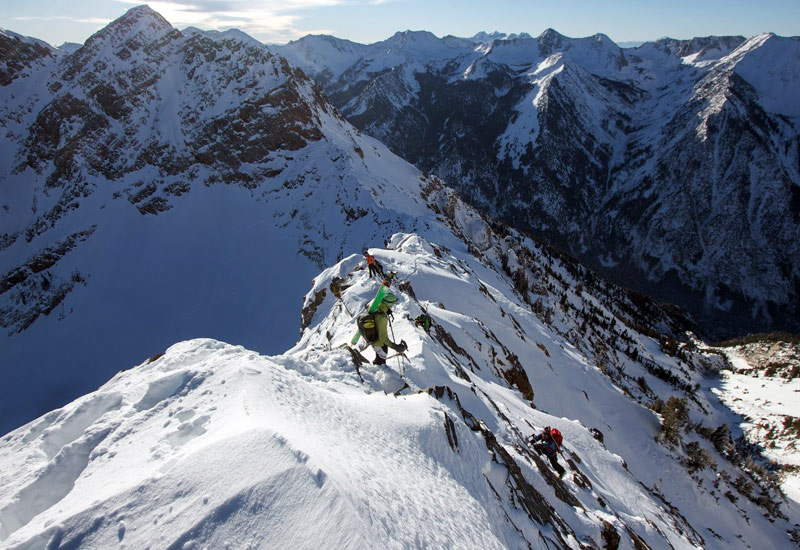
No matter where you live, if you’ve skied or even dreamed of skiing Utah’s Wasatch Mountains, now is the time to speak up to protect what’s left of the world class Wasatch backcountry – because big changes may be on the horizon.
Earlier this spring, a multi-agency planning process called Mountain Accord released a draft “Blueprint” incorporating a year’s input from stakeholders, including Winter Wildlands Alliance and Wasatch Backcountry Alliance, about the future of recreation, transportation, economy and the environment in the Central Wasatch. The draft is shorter on preservation and longer on development than we believe it should be, but also presents an amazing opportunity for permanent protection of iconic human powered wildlands including extending the protection of the Mt. Superior ridgeline from the Twin Peaks Wilderness eastward.
Winter Wildlands Alliance (WWA) and Wasatch Backcountry Alliance (WBA) submitted joint comments to Mountain Accord last week detailing our recommended improvements. A synopsis of our position is below, and the full WWA/WBA comment letter is available here.
Get Involved
Mountain Accord has a goal of 10,000 public comments, but is still well short of that goal. By writing your own comment letter, you can help amplify our message of just how crucial it is to preserve the amazing backcountry opportunities and natural environment of the Wasatch.
The Cottonwood Canyons Taskforce proposal summarizes the most relevant aspects of the Blueprint to backcountry users. The proposal outlines a set of potential land swaps, large-scale transportation initiatives and ski area developments and would also protect key backcountry areas and access.
Wasatch Backcountry Alliance Mountain Accord FAQs
Once you have a good grasp on the issues, please submit a comment letter to comment@mountainaccord.com by May 1.
Our Basic Position
- We do not support an interconnection between Big Cottonwood Canyon, Little Cottonwood Canyon and Park City, or any combination thereof, including tunnels. The resulting direct, cumulative and indirect impacts to dispersed recreational experiences and the environment are potentially significant, while economic costs and benefits to the public are unknown.
- We strongly support development of a purpose and need statement that balances the ‘Systems’ Mountain Accord is addressing, without giving undue bias to any one element or proposal. Only then can an environmental analysis that considers an appropriate range of alternatives be conducted. We believe this range includes measures designed to provide reliable, low-cost, low-impact transportation to both dispersed and developed recreational nodes in the Canyons.
- We support the general outline of the Cottonwood Canyon Task Force proposal in concept, with several important considerations:
- Private land transfers and/or preservation actions must include Grizzly Gulch.
- Land swaps should be pursued immediately, as a precursor to future development. Lands would be placed into a designation providing a higher level of protection than under the current forest plan.
- All ski areas expanding their footprint on public land would establish an uphill route inside their permit boundary, and will consider boundary restrictions. These efforts will help minimize the impacts of expansion on backcountry terrain and compensate for lost access.
- We support the other provisions – water rights and development – proposed by the CCTF, contingent on land use regulations and approval following public environmental review.
- Alignment of the new lift in Honeycomb Canyon will not drop below the elevation of the current lift and will not terminate in the Silver Fork drainage (e.g. it will remain in Honeycomb).
- We support a bus-based transportation system as outlined in our proposed Transportation Alternative presented in Appendix C.
Join the WBA newsletter for Central Wasatch backcountry events and news.
More articles
-
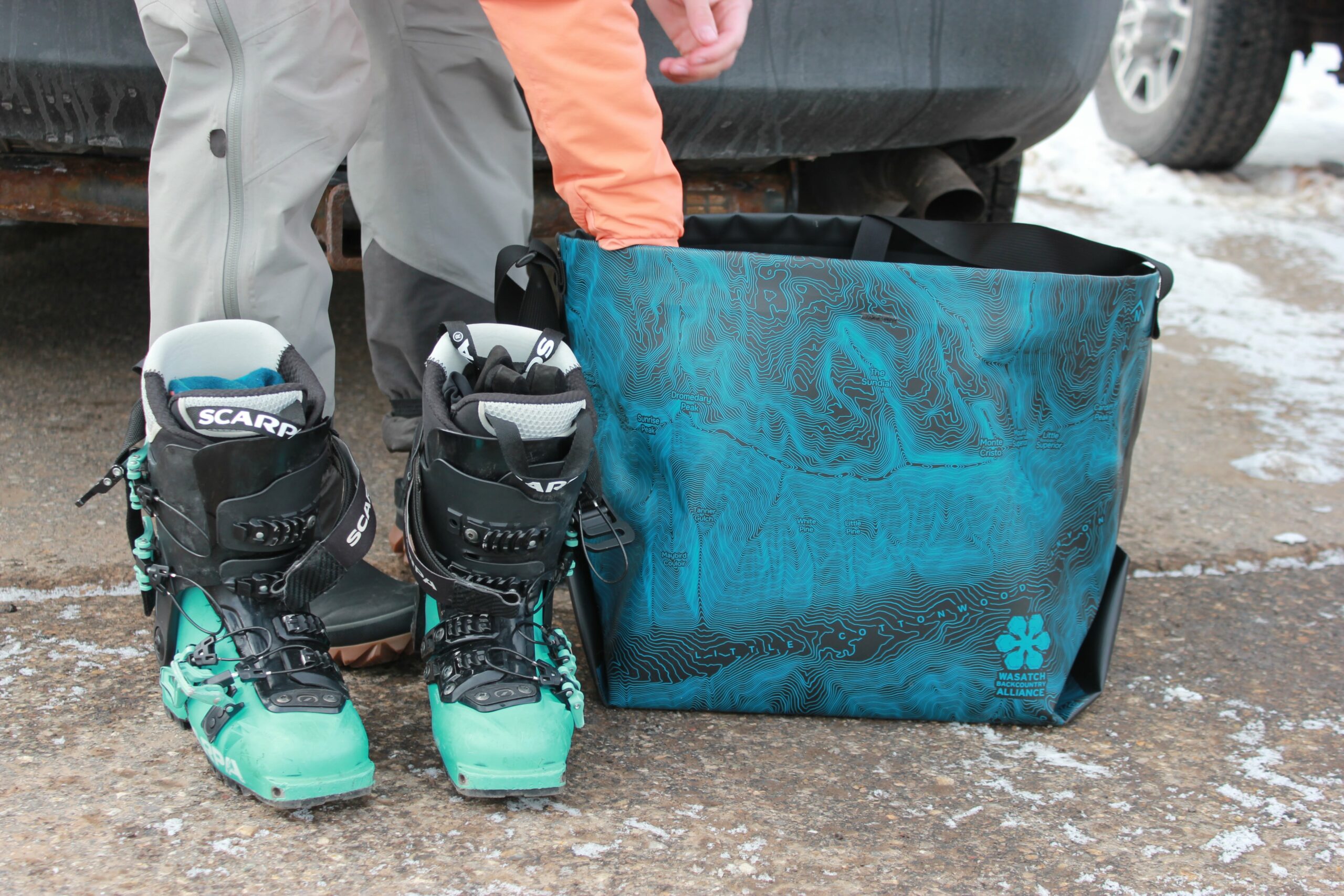
WBA x eqpd GearBuckets
We are stoked to introduce the eqpd gear Wasatch Backcountry Alliance GearBucket! Stamped with the Little Cottonwood Canyon topo map, the GearBucket combines the usefulness…
-
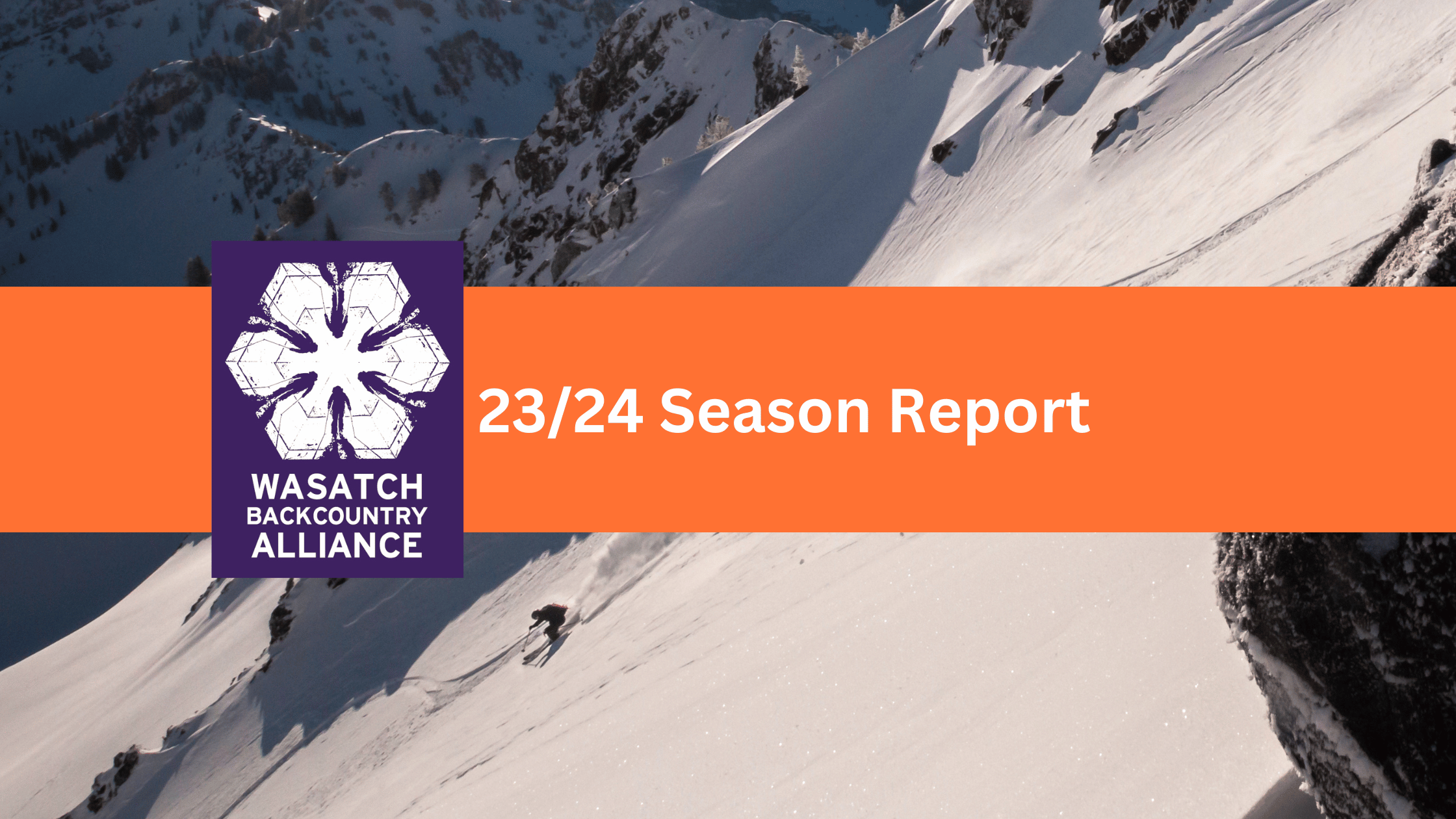
23/24 Season Report
Wasatch Backcountry Alliance published our first-ever season report from the 23/24 winter! For the past 10 years, WBA has been run by a volunteer board…
-
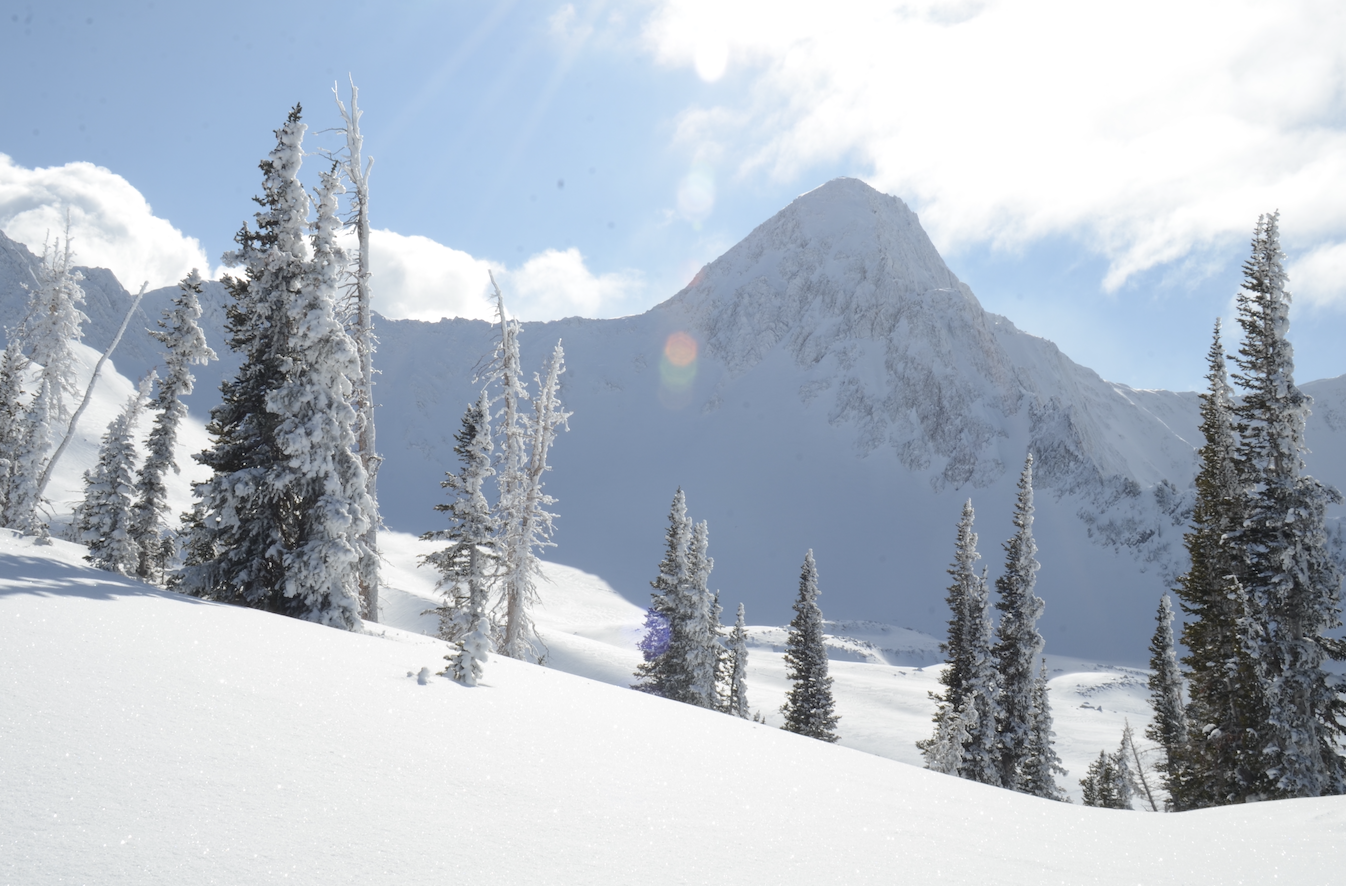
Cheers to the Wasatch!
Let’s make a lasting impact together! A note from our Director, Dani Poirier Like many of you, the Wasatch is where I learned to backcountry…
-
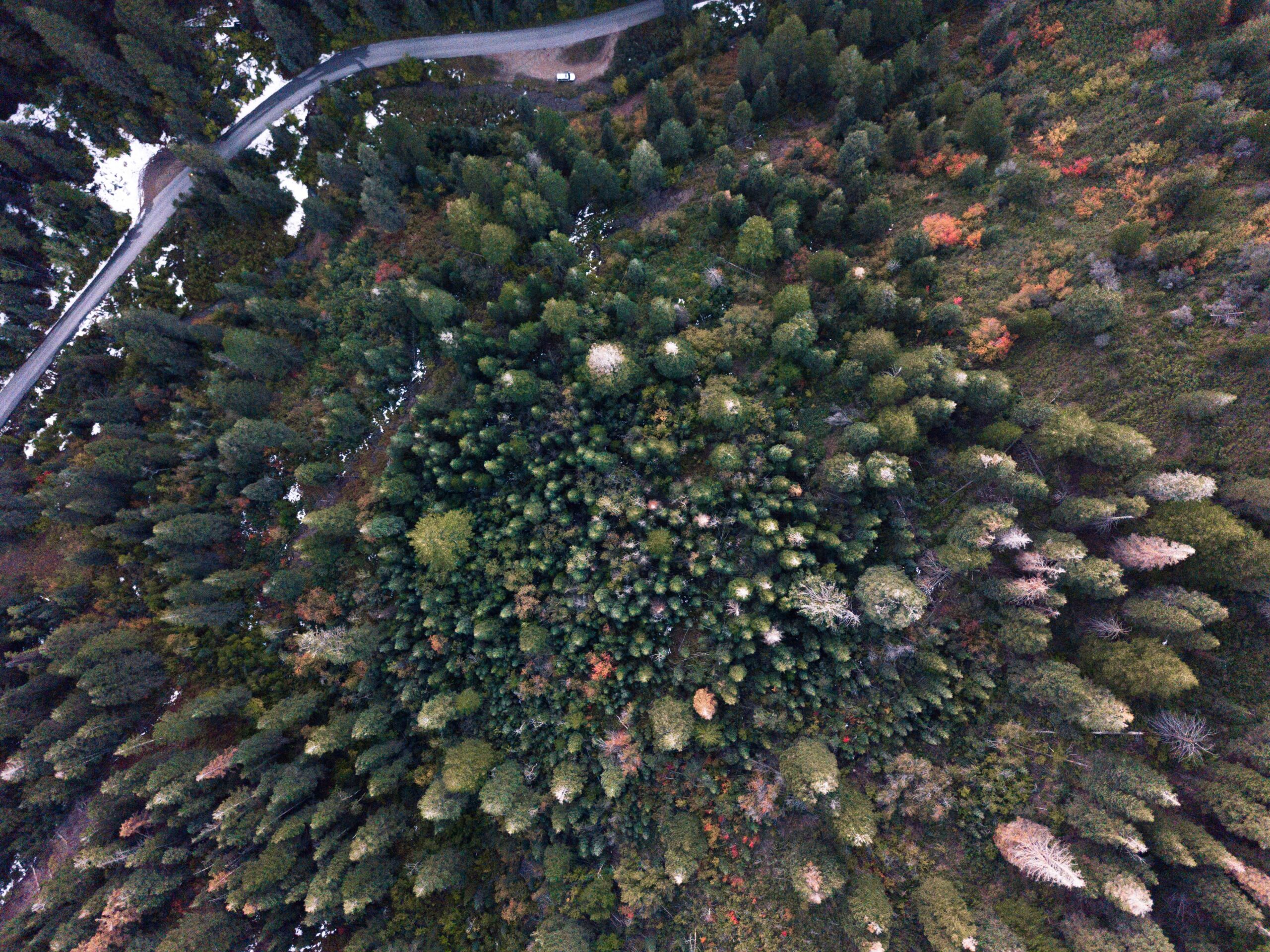
UPDATED- Comment Period: Upper Mill Creek Canyon
03/29/2024 Update You may remember that the Forest Service, Salt Lake County, and Federal Highways have been working on a plan to rebuild the Mill…